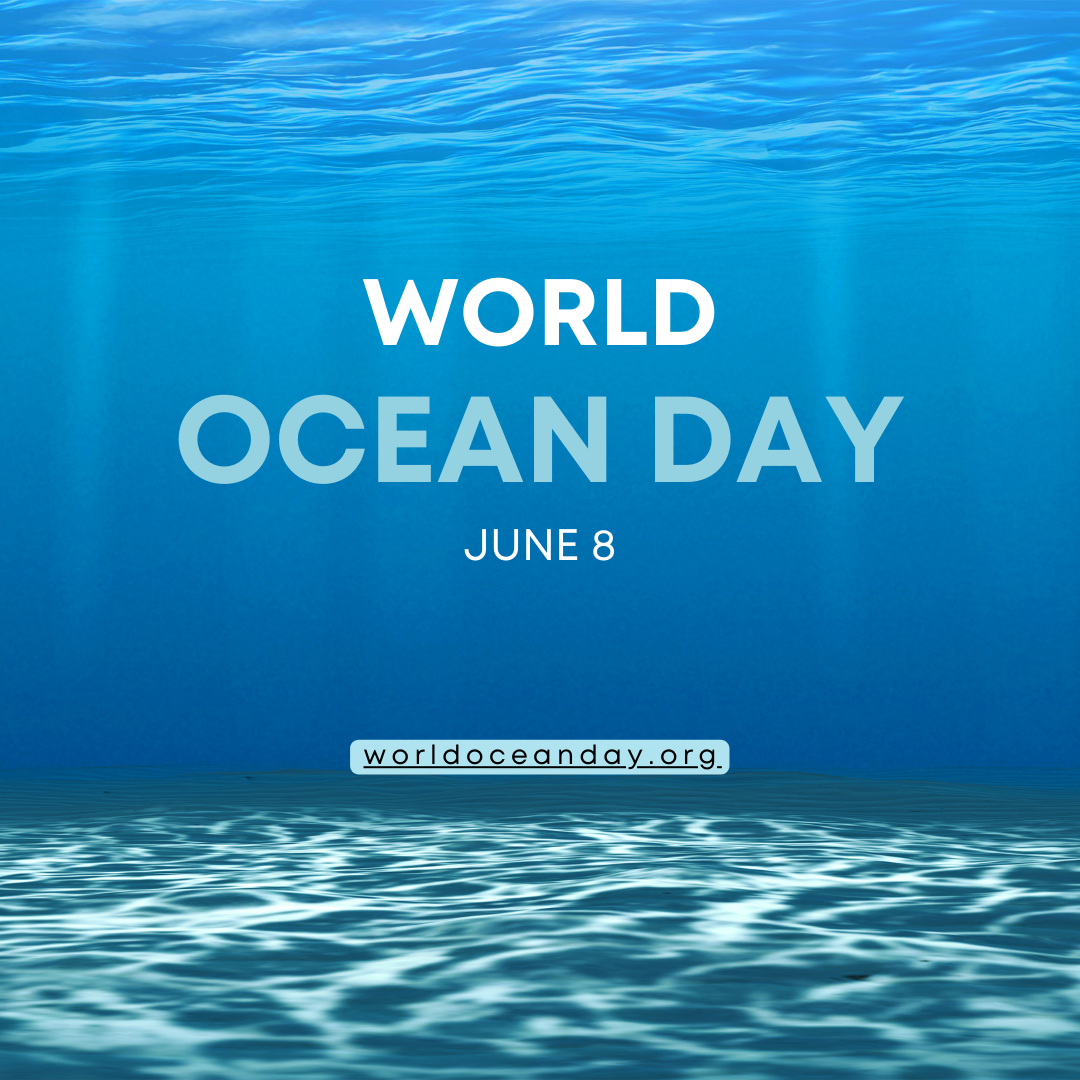The vast expanse of our planet is adorned with majestic oceans, covering more than 70% of Earth's surface. These awe-inspiring bodies of water play an irreplaceable role in sustaining life, regulating our climate, and providing a source of livelihood for millions of people. Recognizing their immense importance, World Ocean Day serves as a powerful reminder of our responsibility to protect and conserve these magnificent oceans. On this special day, let us delve into the significance of the world's oceans and the urgent need for collective action to preserve their vitality.
The Lifeblood of Our Planet
The oceans are often referred to as the "lungs" of the Earth, as they generate over half of the world's oxygen. They act as a critical sink for carbon dioxide, absorbing about 30% of the CO2 produced by human activities. The marine ecosystems, from the vibrant coral reefs to the vast kelp forests, support a staggering array of species, constituting a rich biodiversity that is yet to be fully explored and understood. By safeguarding our oceans, we ensure the continuity of life on our planet.
Climate Regulation and Weather Patterns
The oceans play an instrumental role in regulating our climate. They act as a thermal regulator, absorbing and storing vast amounts of heat, which helps maintain the delicate balance of temperatures across the globe. Ocean currents distribute this heat, creating weather patterns and influencing rainfall patterns. However, the increasing impacts of climate change, such as rising sea temperatures and ocean acidification, threaten this delicate equilibrium, leading to catastrophic consequences for both marine and terrestrial ecosystems.
Economic Significance
The oceans are not only a source of natural wonder but also hold significant economic value. They contribute to global trade, with around 90% of the world's goods transported by sea. The fishing industry, employing millions of people, relies on healthy marine ecosystems to sustain livelihoods and ensure food security for communities worldwide. Coastal tourism, another important sector, draws millions of visitors each year to enjoy the beauty and tranquility of our coastal areas. By protecting the oceans, we can safeguard these economic activities for generations to come.
Rising Threats and Urgent Action
Despite their vital role, the world's oceans face a myriad of threats. Overfishing, destructive fishing practices, pollution from land-based sources, plastic waste, oil spills, and the impacts of climate change are pushing these ecosystems to the brink. The degradation of coral reefs, loss of marine habitats, and the extinction of species paint a grim picture of the future if we fail to act swiftly. World Ocean Day serves as a call to action, urging governments, organizations, communities, and individuals to work together to address these challenges.
Solutions and Collective Responsibility
Preserving the oceans requires a multi-faceted approach. Governments must establish and enforce stringent regulations to combat illegal fishing, limit pollution, and reduce carbon emissions. Communities can engage in beach clean-ups, promote sustainable fishing practices, and raise awareness about the importance of the oceans. Individuals can make conscious choices, such as reducing single-use plastic, supporting sustainable seafood, and adopting eco-friendly habits. Education and research play a crucial role in understanding the oceans better and finding innovative solutions.
World Ocean Day reminds us that the fate of our oceans rests in our hands. It is a reminder of the urgent need to take collective action to protect these vast, enchanting bodies of water that sustain life on Earth. By valuing and preserving our oceans, we ensure a future where the beauty, biodiversity, and economic benefits they offer continue to enrich our lives. Let us unite to celebrate World Ocean Day and work tirelessly to be good stewards of the oceans, ensuring their longevity for generations. For more information visit WorldOceanDay.org

